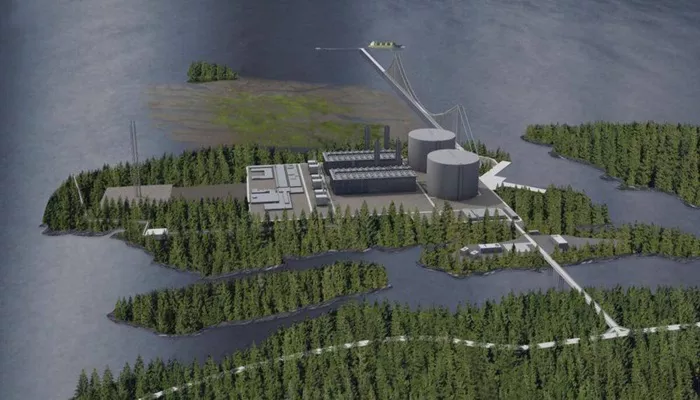Malaysia’s state energy giant Petroliam Nasional Bhd. (Petronas) is overhauling its upstream strategy to focus on lower-cost international assets, aiming to reduce production expenses and counter declining profits amid a more volatile global oil market.
Mohd Jukris Abdul Wahab, CEO of Petronas’ upstream division, said the company is working to bring its oil production break-even point down to $50 per barrel, from the $60–$70 range seen over the past five years. This cost-reduction strategy includes intensifying production in countries where Petronas already has an established footprint, including Canada, Suriname, Brazil, Turkmenistan, and several Southeast Asian nations.
“We want to reshape the entire portfolio,” Jukris said in an interview held June 13 at the iconic Petronas Twin Towers. “We are preparing ourselves, moving into a more volatile environment in the future.”
The company’s strategic shift comes in response to a sharp fall in crude oil prices since their 2022 highs, which has eaten into Petronas’ profits and prompted the firm to cut its dividend payouts. Earlier this month, Petronas also announced a 10% reduction in its workforce to streamline operations and manage costs.
While recent geopolitical tensions—such as Israel’s air strikes on Iran—have sparked short-term price rebounds, the longer-term outlook for oil remains under pressure from global supply-demand dynamics.
Jukris emphasized that future capital investment in international projects must deliver “healthy returns,” noting elevated geopolitical and operational risks in some regions where the company operates.
This financial pressure has broader implications for Malaysia’s government, which depends heavily on Petronas for fiscal support. The company has committed to paying 32 billion ringgit ($7.5 billion) in dividends this year, down from 50 billion ringgit in 2022. Since its founding in 1974, Petronas has contributed 1.4 trillion ringgit to the national economy through dividends, taxes, and cash transfers.
As part of its international pivot, Petronas aims to increase the net present value of its global upstream operations from the current 40–50% range to about 60% over the next five to ten years, according to Jukris, who joined the company in 1990.
Currently, Petronas produces roughly 2 million barrels of oil equivalent per day domestically and about 700,000 barrels internationally. Maintaining overall output will require the development of new fields to offset natural declines from aging assets, he said.
Despite the international push, Jukris remains optimistic about Malaysia’s domestic reserves, citing ongoing interest from international oil companies and continued new discoveries—particularly off the coast of Peninsular Malaysia.
“For the last 10, 15 years, we’ve been saying that our reserves will last only 15 years,” Jukris noted. “So today, we will also last another 15, 20 years.”
The evolving strategy reflects Petronas’ efforts to remain competitive and sustainable as it navigates shifting market dynamics and increasing fiscal responsibility to its sole shareholder—the Malaysian government.


